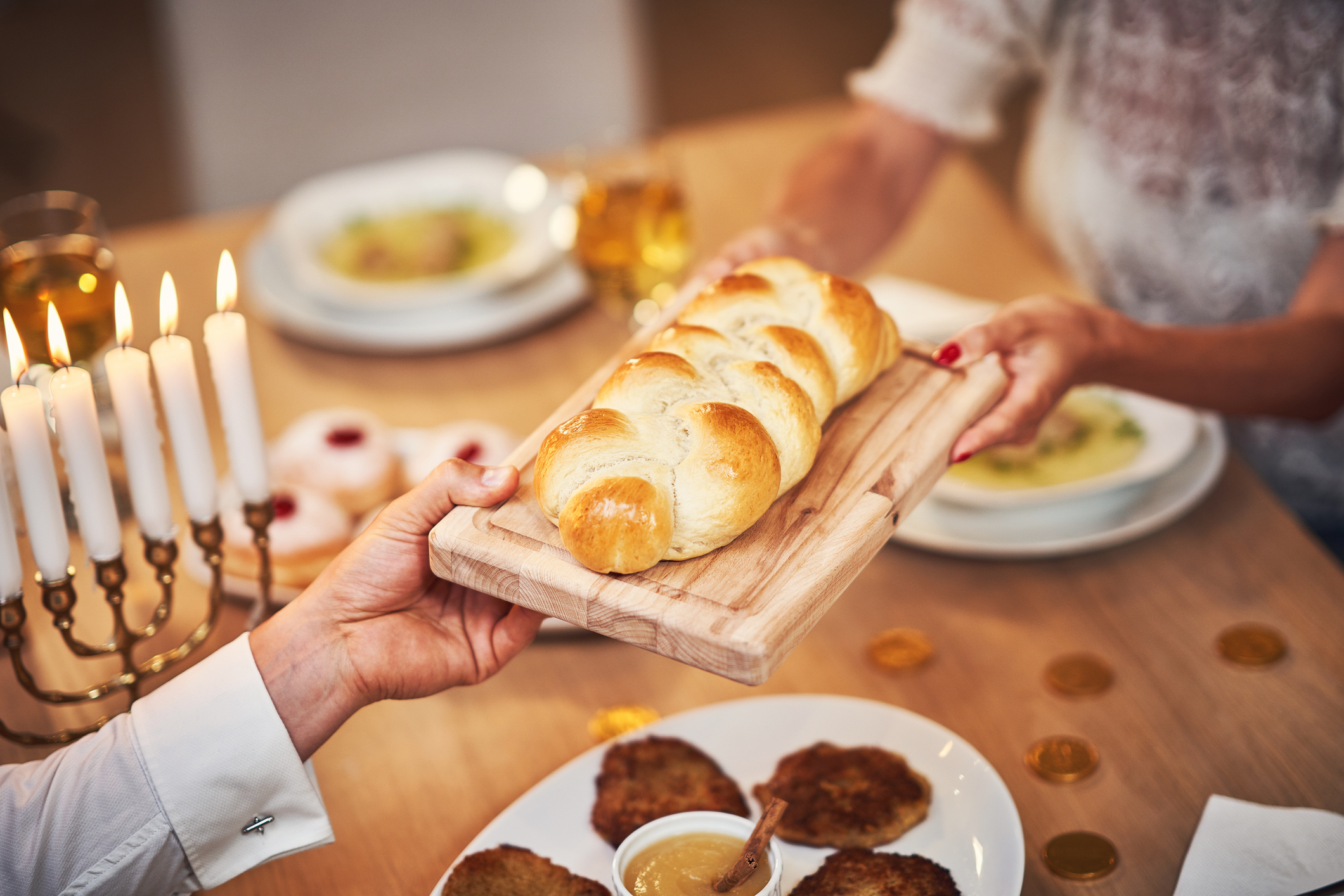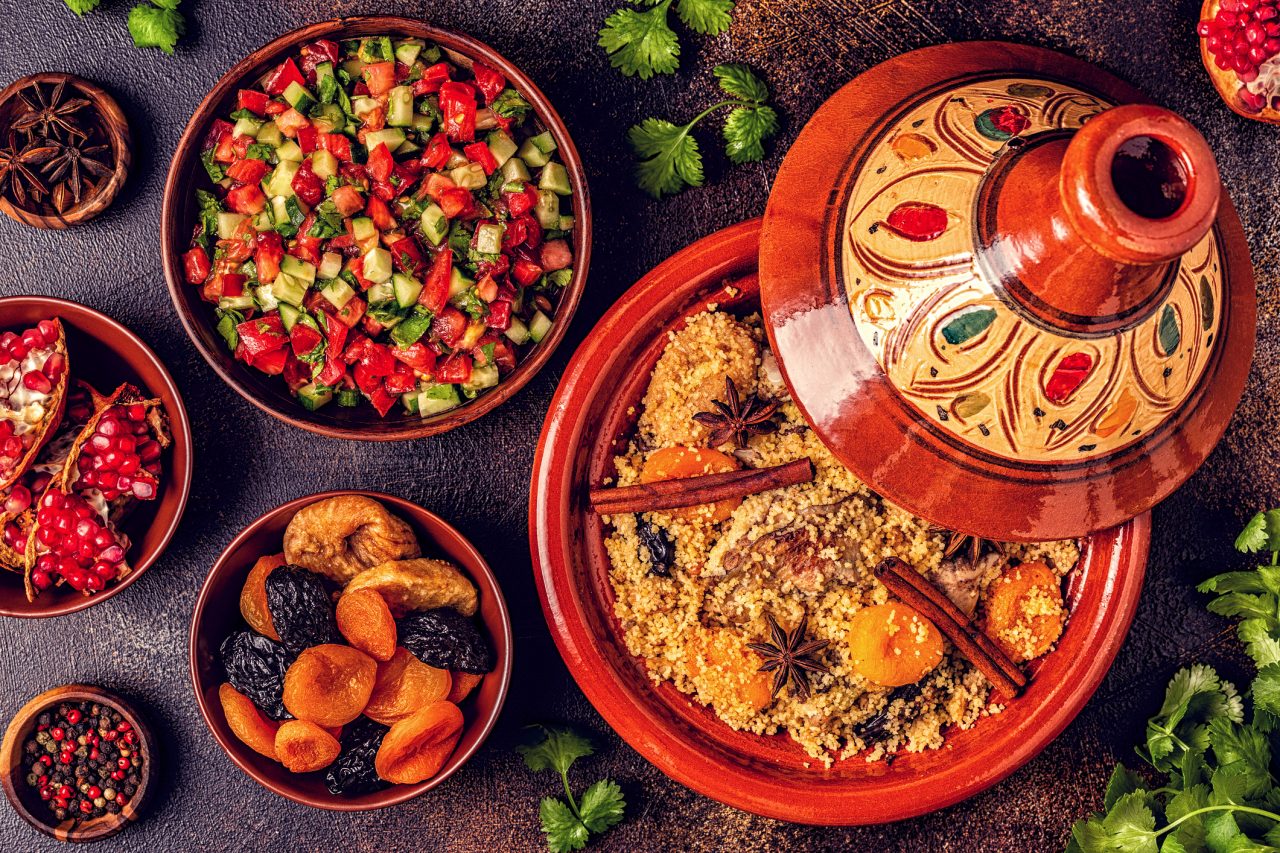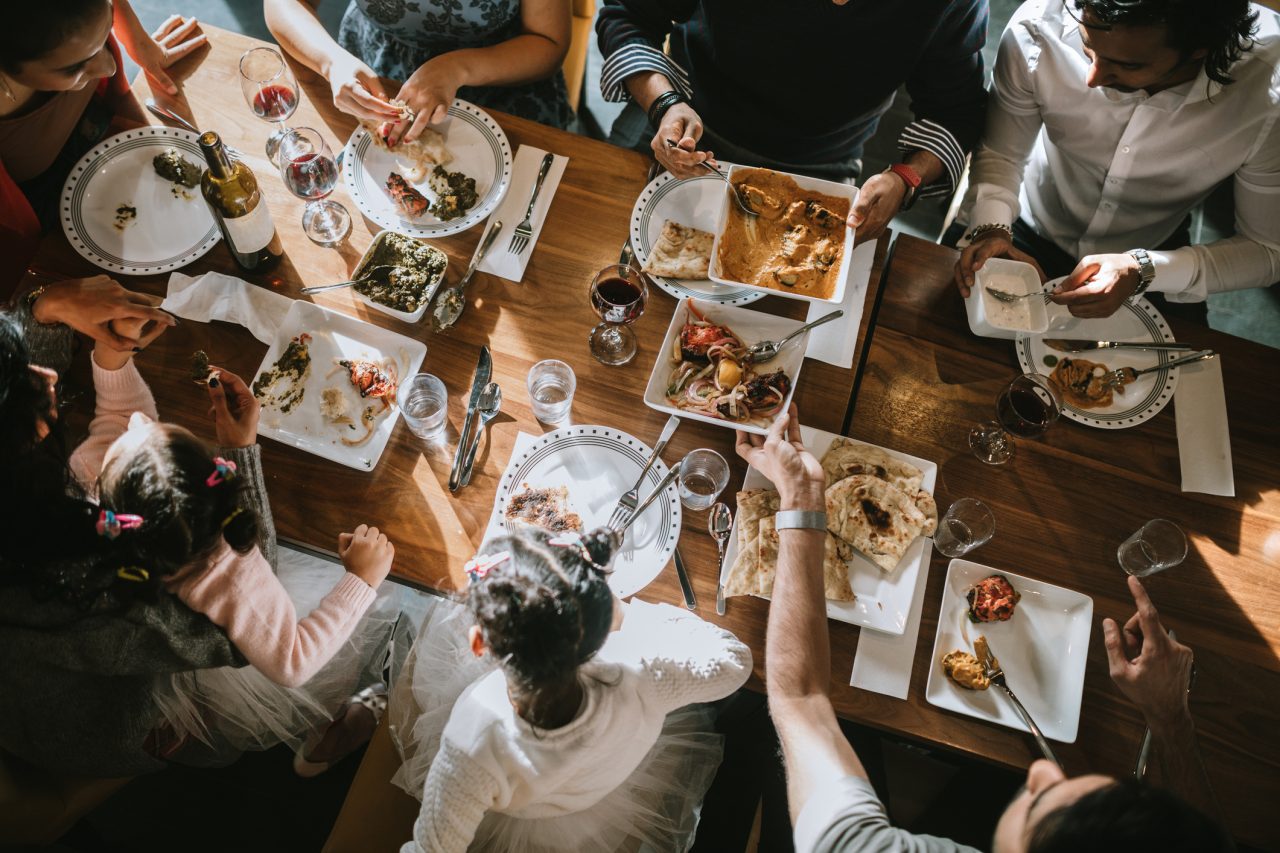The role of food in different religions
Food is important in all five of the world religions. Each religion has its own traditions, and there are strict rules around what is allowed or not. For many families, it is important to pass on these traditions and rules to their children. Food plays an important role both in everyday life and celebrations, but particularly during religious holidays. What food traditions does the religion you belong to have?


Religion and food
Knowledge of food cultures in different countries and knowledge of religious dietary requirements is necessary in order to be able to cook good food for everyone.
Food cultures vary from country to country, but can also vary from region to region. This also applies to different rules and traditions within different religions.

Tradisjonsmat
Hindu food traditions
What one can and cannot eat varies within the various sects of Hinduism. Many Hindus are vegetarian, but in general Hindus can also eat meat. For those who do eat meat, they prefer the animals to be slaughtered quickly (jhatka), as they believe this causes less pain for the animal.
In Hinduism, family is highly valued, and mealtimes are an important factor in bringing the family together.
Some Hindus fast, which means not eating food for an extended period of time, or on special days of the week. All in all, food plays an important role for Hindus all over the world.
In India, close to 80 percent of the population are Hindu, and Indian cuisine plays an important role in traditions.

Indisk måltid
Ønsker du å lese hele artikkelen?
Ved å logge inn får du full tilgang til artikkelen, samt Lærerrommet med engasjerende læringsstier og oppgaver du kan bruke i undervisningen.
Ønsker du å prøve ut fullversjonen av Skolerom?
Kontakt oss her!
